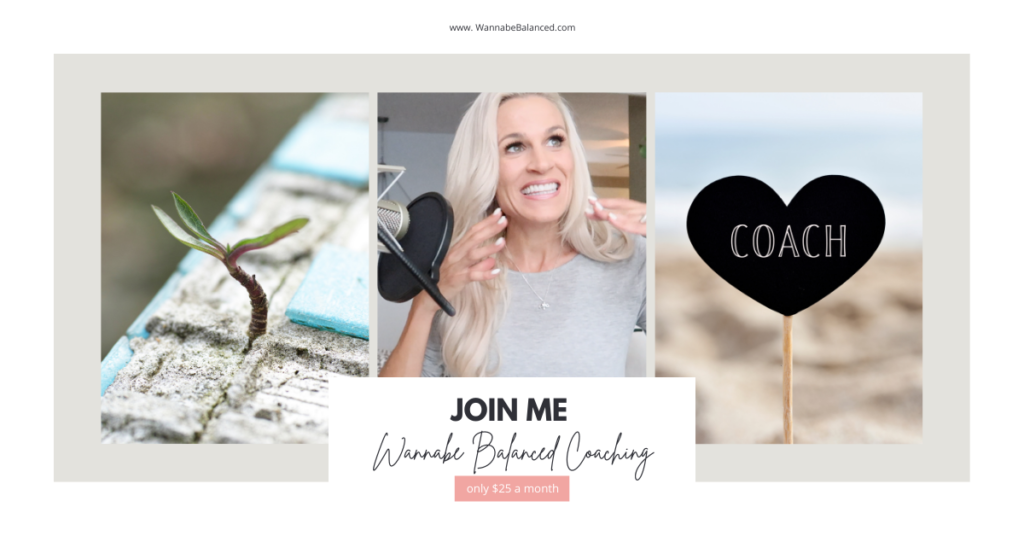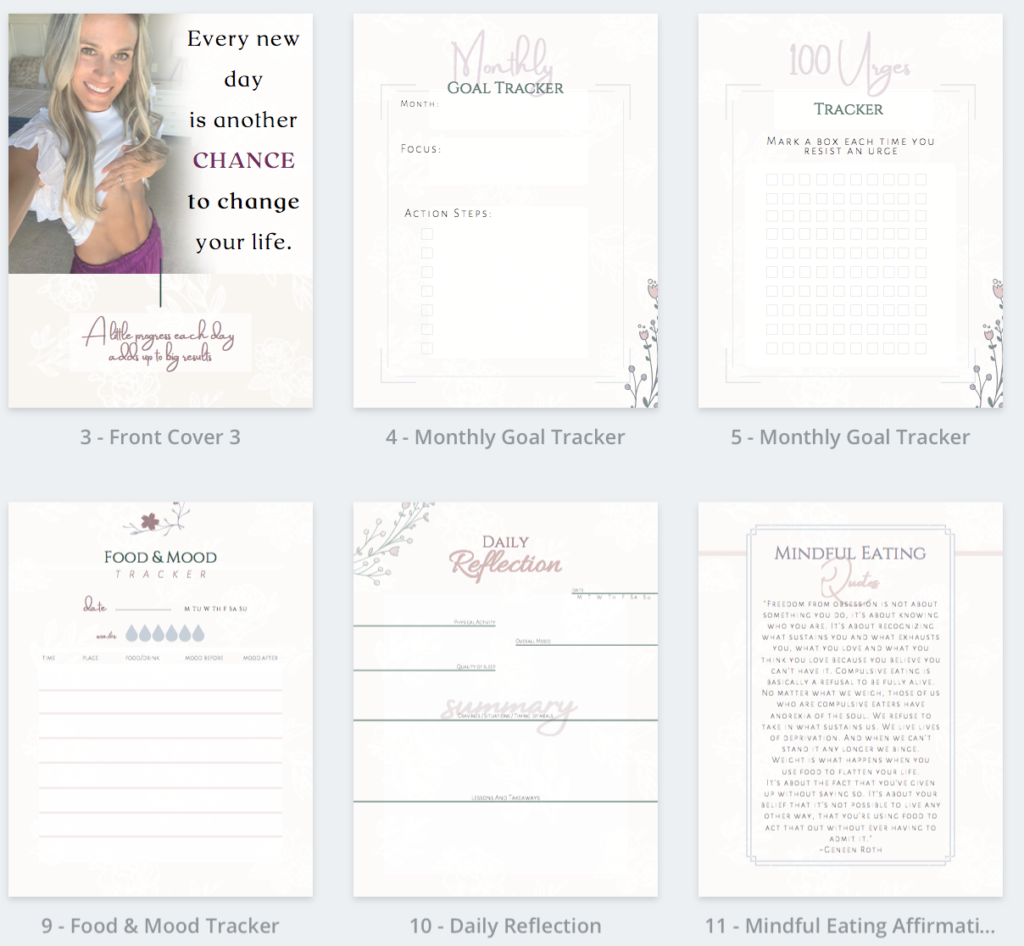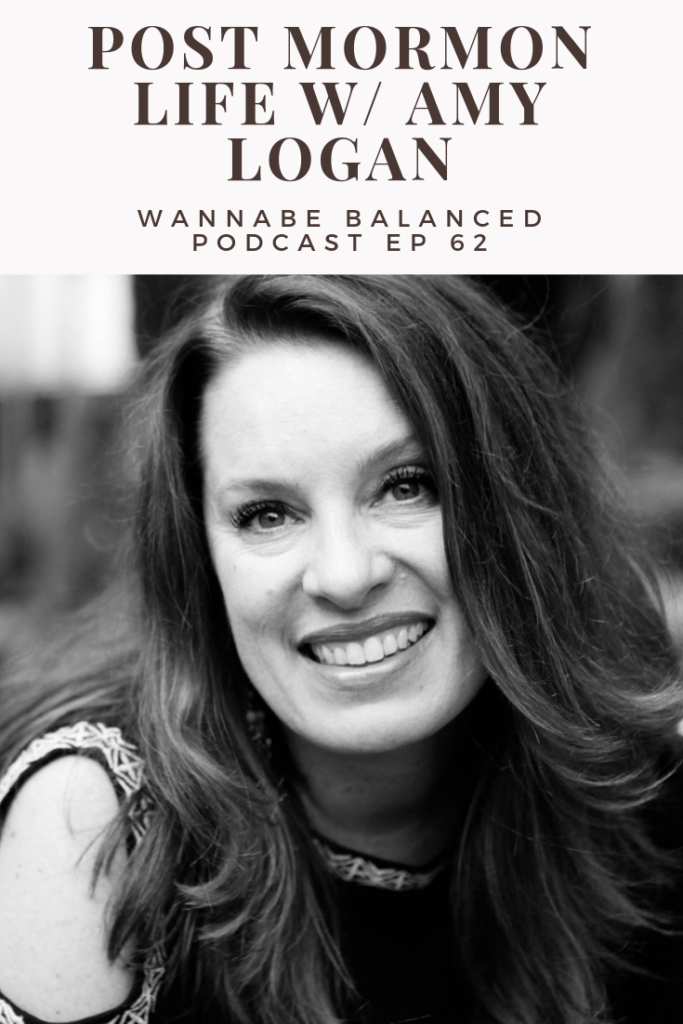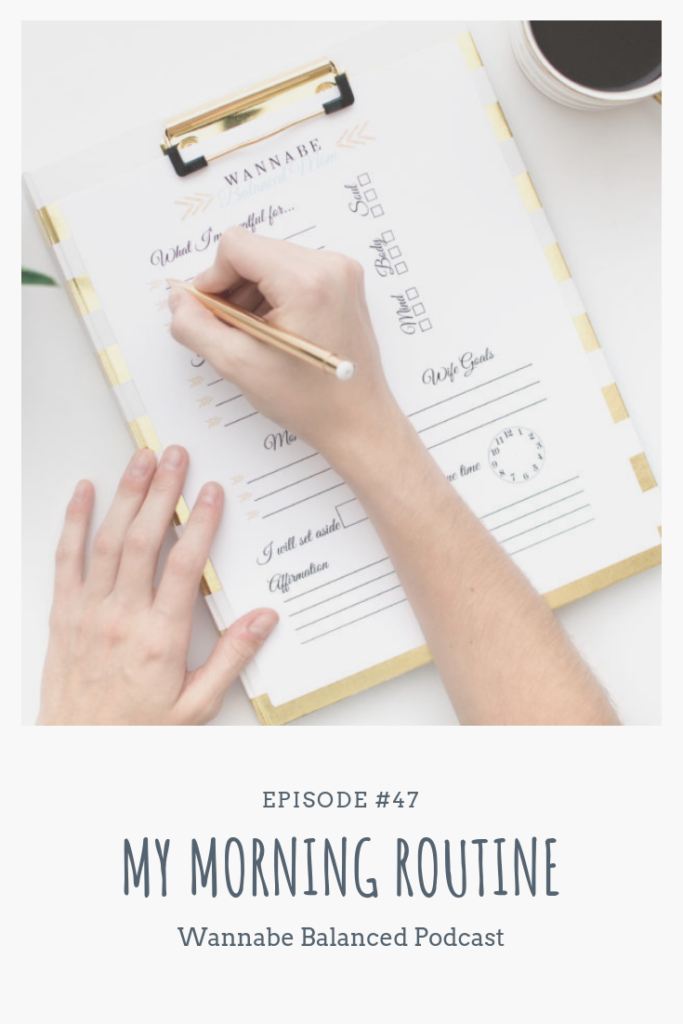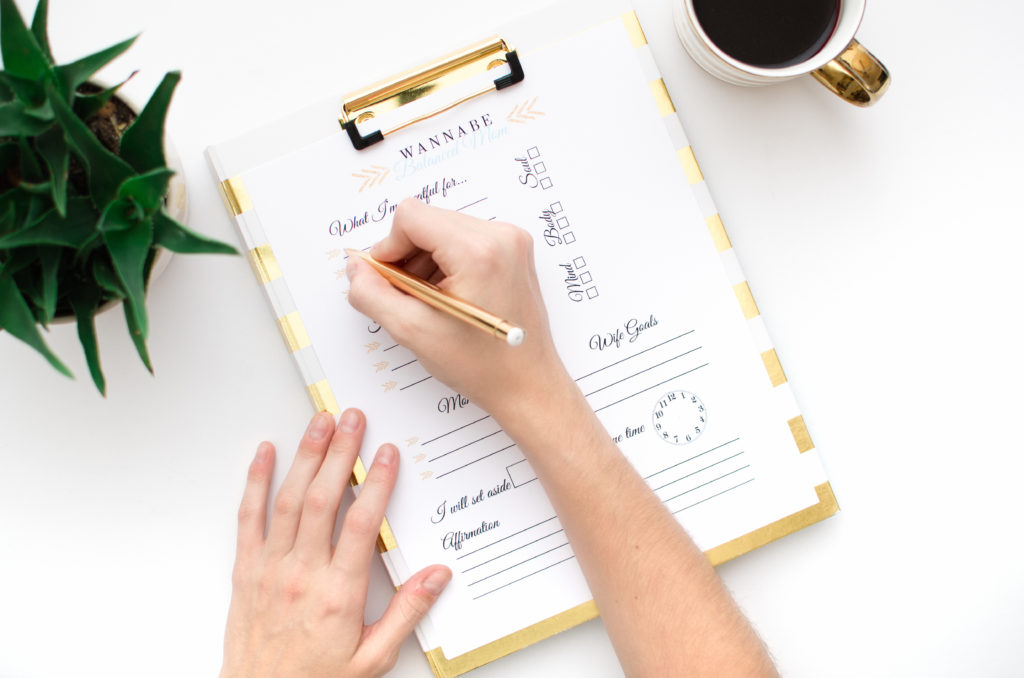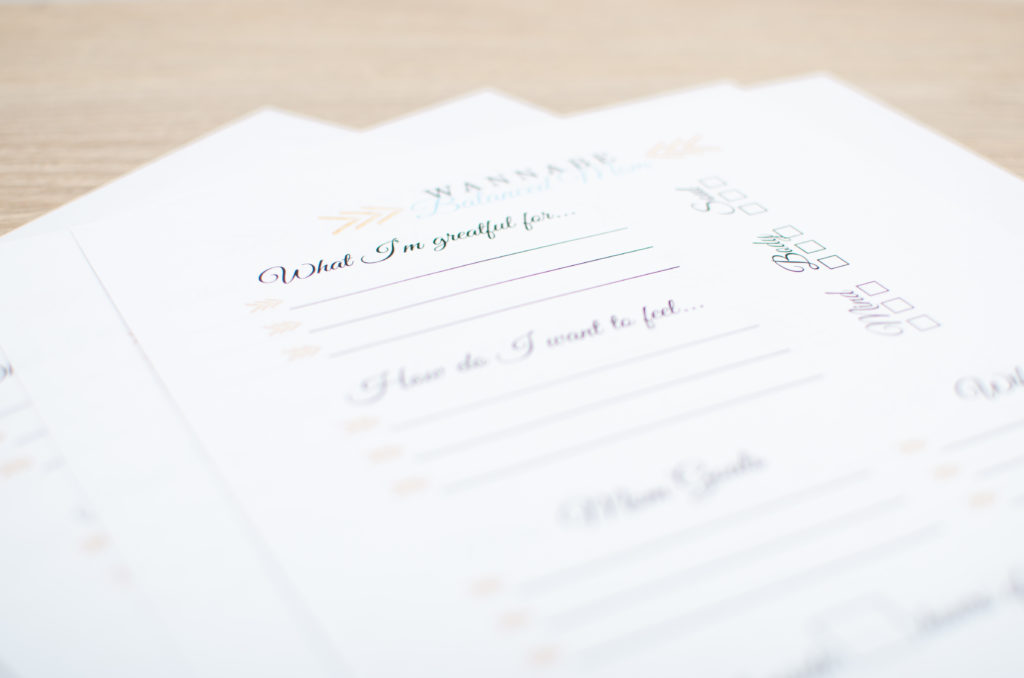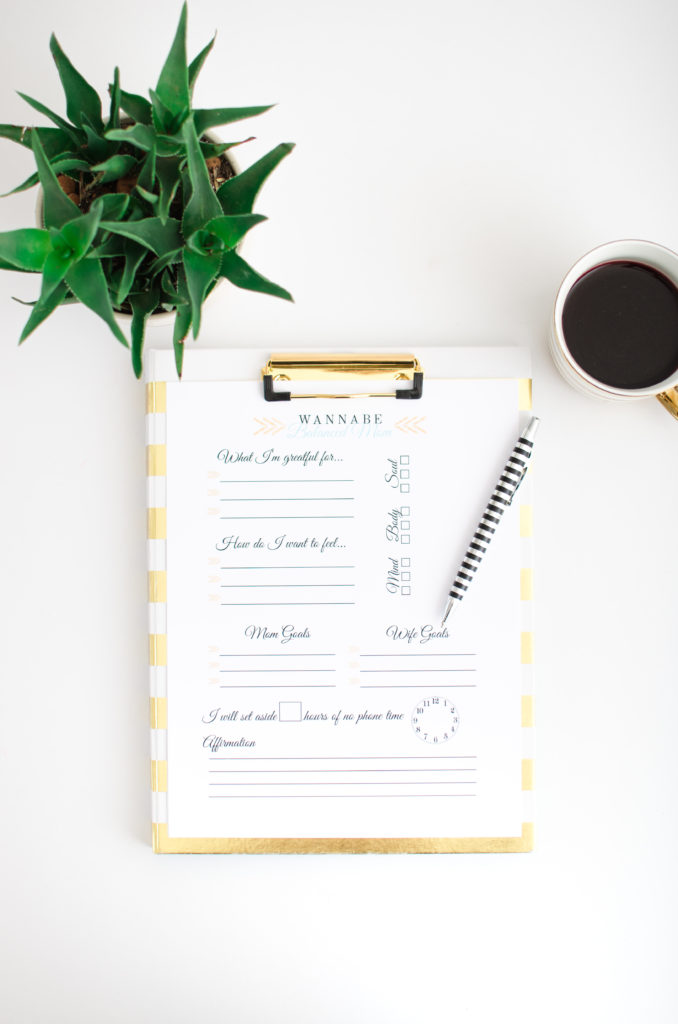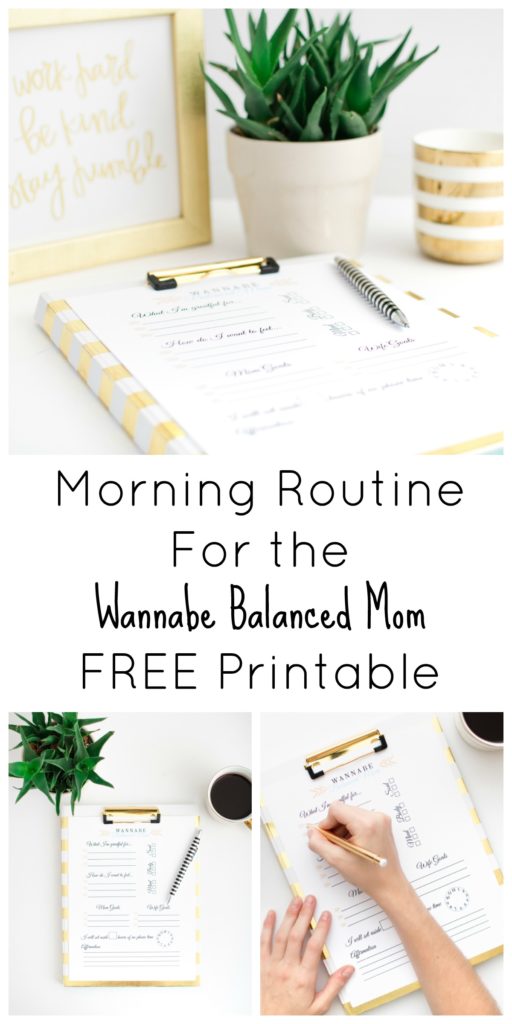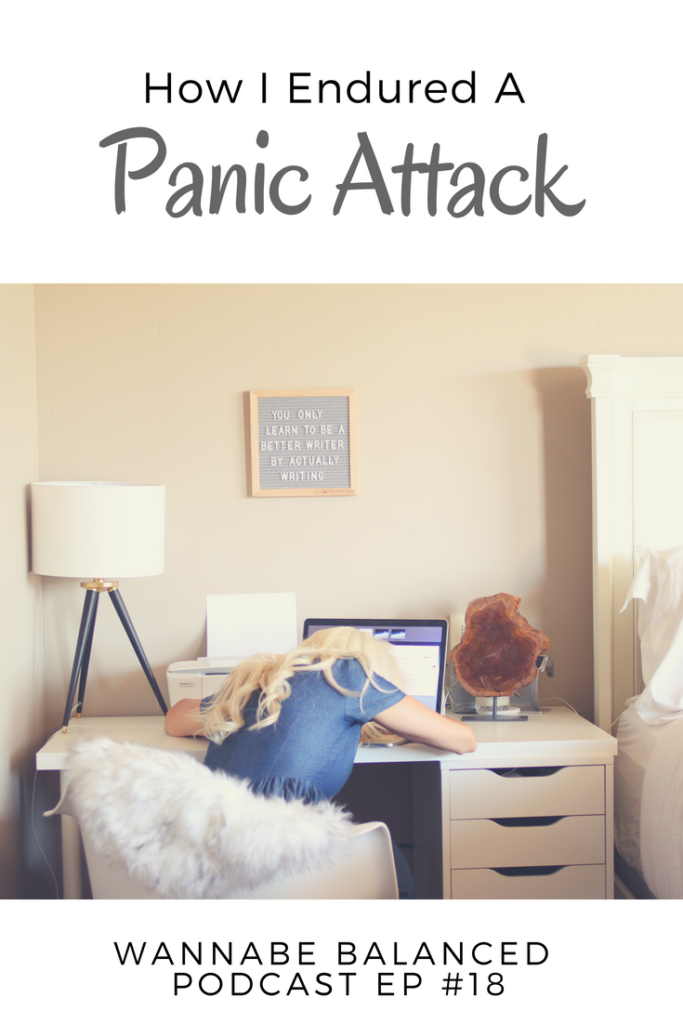We all have a “should book” believe it or not. It’s a mental book full of all the things we believe people should and should not do. How a husband should be, how a mother should be, how a teacher should be, ect.

What I’ve come to realize is that our should books are completely unique to each individual. Just as no two fingerprints are exactly alike, neither are should books. They are created from a combination of things. Past experiences, personality types, cultural environment, religious influence, and parental examples.
Expecting Others to Follow the Rules in our Should Book
We all have specific preferences and desires, and I believe it’s totally acceptable to make requests of others. The only problem is when we expect them to follow ALL of them.
Sure, sometimes we can affectively manipulate others in ways that get us what we want, but I think most of us can agree that any form of manipulation is not a fair way to play.
As long as our happiness depends on whether or not others follow our should book, then we will always be left feeling disappointed. We can’t control peoples behavior any more than we can control their thoughts.
Question Your Shoulds
It’s important to question your shoulds. Why do you have them? Where did they come from? Do you like your reasons for your shoulds?
Examples of things you might say are “good shoulds”:
- People shouldn’t kill other people.
- Husbands shouldn’t physically abuse their wives.
- People should take care of their health.
- Nobody should ever hurt children.
- Husbands shouldn’t physically abuse their wives.
It’s okay to feel sad when others don’t follow our shoulds. We actually want to feel sad about these things I listed. We surely don’t want to feel happy about it. We just have to understand that remaining in a place of sadness and anger around these things doesn’t serve anyone.
If we want to become an activist around these things then it’s much more effective to get to a better feeling emotion first. Real change comes actions that are fueled with feelings of love for the abused rather than hate for the abuser.
Don’t Be Hypocritical
If you have shoulds for others, don’t you think it’d be a good idea if you followed your own should? The only behavior we can control is our own so that’s where our focus should be.
We can’t have a should for others that we are unwilling to follow ourselves. Classic example: “he should follow all the rules in my should book”. Well, are YOU following all the rules in HIS should book?
Turn Your Shoulds into Wants
Don’t use your should book against yourself. If you have shoulds for yourself, then see what you can do about dropping it down to a space of WANT. When you tell yourself you WANT to do something rather than SHOULD, then you’ll notice how much more empowering that feels.
Ask yourself why do you WANT to do these things? Do you like your reasons? Are you doing them from a place of fear, resentment, anger, guilt, jealousy, boredom, hate, blame or anxiety? Make sure your reasons are coming from a good place.
Example:
“I SHOULD work out every day, because I’m fat”
or
“I WANT to work out every day because I love my body and I appreciate good physical health.”
Can you see the difference in the emotions these two statements create?
Now tell me… what is in YOUR should book?

